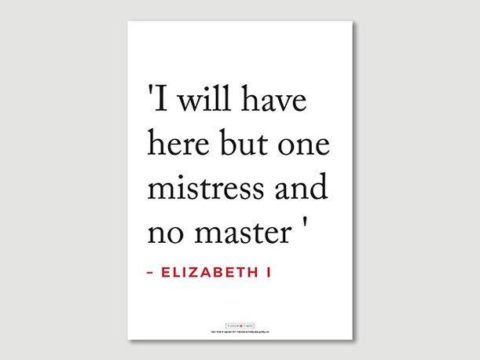Gainsborough Old Hall
A mediaeval masterpiece in a town centre
Chapter 3 : History
Wars of the Roses
The Burgh family were Lincolnshire squires. Thomas Burgh (died 1432), like so many of his generation, made money in the French Wars. He married a member of the great Percy family, who brought Gainsborough in her dowry. Their son, another Thomas, was around thirty when the rivalry between Lancaster and York broke out into open war. Thomas was a Yorkist, and was appointed Sheriff of Lincoln, and then Esquire of the Body to King Edward IV. By 1462, he was knighted and appointed to the Privy Council – a very impressive career! He also married a rich widow, who unfortunately had not only money to bring to the family, but hereditary mental instability.
Sir Thomas, to fit his new importance, began to build Gainsborough Hall during the 1460 - 80s. He continued to support Edward IV, helping the King escape during the 1471 Lancastrian re-emergence, and then transferred his support to Richard III when the latter took the throne in 1483 from his nephew.
Richard III even visited Gainsborough in October of 1483. However Sir Thomas Burgh's support for Richard fell away. Whether the men quarrelled, or Sir Thomas felt uncomfortable about the disappearance of Edward V is unknown, but, before long Sir Thomas had changed allegiance to Richard's Lancastrian rival, Henry Tudor, Earl of Richmond.
The Tudor Period
On Henry's victory at Bosworth, and installation as Henry VII, Sir Thomas was confirmed as a Knight of the Body and a Privy Councillor and given the title of Baron Gainsborough, entitling him to a seat in the House of Lords.
Sir Thomas' son, Edward, was married young to Anne Cobham of Starborough. He remained a supporter of the new Tudor dynasty, fighting at the Battle of Stoke, where he was knighted, and sitting as Knight of the Shire (MP) for Lincoln. However, at some point, Sir Edward fell foul of the King and spent some time in the Fleet Prison as well as receiving heavy fines. Whether this disturbed his mental health, or whether he was already unbalanced is unclear, but he does not seem to have had full capacity. His son, another Thomas, effectively became head of the family.
The new Sir Thomas was of a very different stripe from Sir Edward. He was Justice of the Peace for Lincolnshire, won his knighthood at the Battle of the Spurs in 1513 and took an active part in politics. He was summoned to Parliament in 1529 as Lord Burgh of Gainsborough and was an active supporter of Henry's "Secret Matter", being one of the lords who wrote to the Pope requesting that an annulment be granted. He was rewarded with the office of Chamberlain to Queen Anne Boleyn. Unfortunately, every silver lining has a cloud, and he was also called upon to sit on the jury at the Queen's trial.
Lord Burgh lost two of his sons – Edward, the first husband of Katherine Parr, in about 1533, and Thomas. He quarrelled with Thomas' wife, Elizabeth Owen, and had a private Act of Parliament passed in 1543, bastardising her children because of her alleged adultery.
When Lord Burgh was widowed in the early 1540s, he remarried and moved out of Gainsborough, probably mainly residing in Suffolk. The Burgh family never returned to the Hall to live and in 1596 it was sold to stave off bankruptcy. The new owner was William Hickman.
The Hickmans
William Hickman's mother, Rose Locke, was the daughter of Henry VIII's Mercer, an important role that combined commerce with spying. Rose Locke, in her memoirs written in 1610, said that her father had been responsible for smuggling the Gospels in French to Anne Boleyn, when the Bible in the vernacular was forbidden. Rose Locke married Anthony Hickman in 1543. The Hickmans had also been early supporters of the Reformation, and as time passed Rose and her family became more and more radical in their religion.
Exiled under Queen Mary, they returned to England but continued to be at the more Puritan end of the Anglican Church.In the late 1590s, William Hickman appears to have given shelter to the congregation of John Smyth.The "Separatists" as they were known, formed the nucleus of the group which left England for Leyden in the Netherlands, and eventually sailed for America in the Mayflower.
The Hickmans remained in possession of the Hall but moved to a new home at Thorrold Hall in the early 1700s.They continued to be involved with the town and with religious radicalism, as witnessed by the permission granted to John Wesley and the Methodists to preach in the Great Hall.In 1826 the Hall passed to a cousin of the last surviving Hickman, Frances. She willed it to her cousin Henry Bacon, on condition that the Hickman name be retained. In 1971, Sir Edmund Castell Bacon donated the property to the nation.
